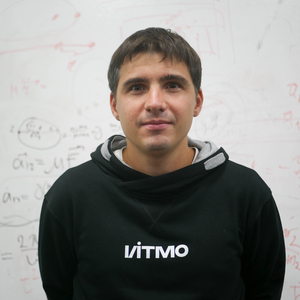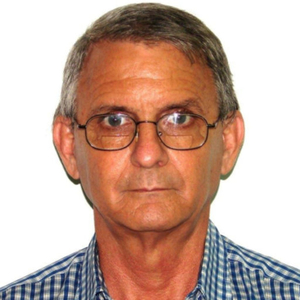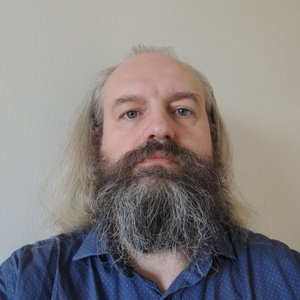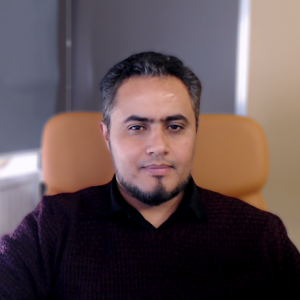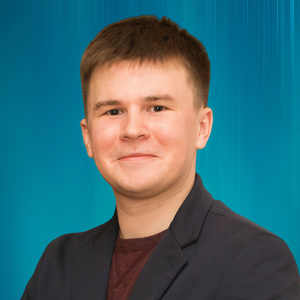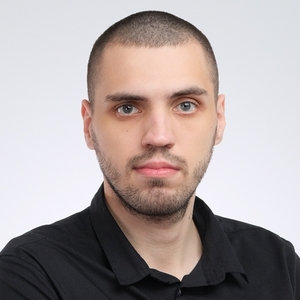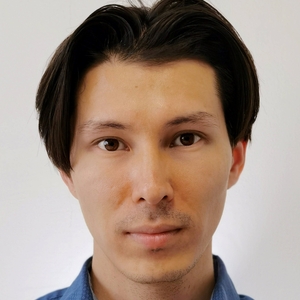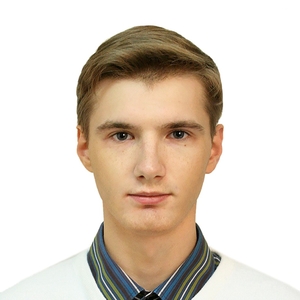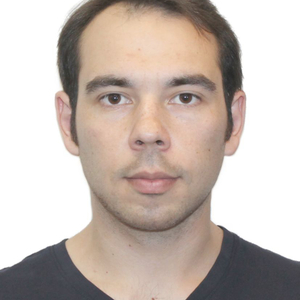MRI
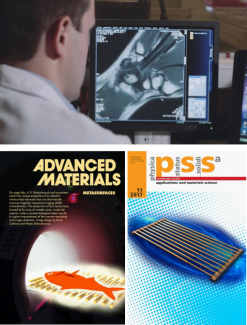
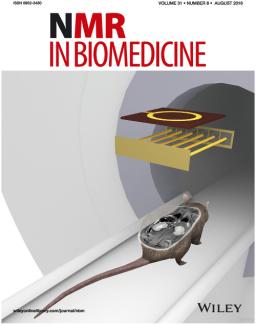
Nowadays magnetic resonance imaging (MRI) is a cut-edge medical imaging technology with its high information content and the accuracy of the data acquisition. It provides a non-invasive and a relatively safe method of examining patients.
We are working with breakthrough ideas and developing unique skills to extend the MRI capabilities.
We are currently collaborating with specialists in various fields such as radio-physicists and those who specialize in the physics of magnetic resonance, radiologists and clinical specialists, mathematicians, programmers and engineers.
In particular, we are collaborating with clinical specialists on the projects that are dedicated to the use of special devices made with the use of new materials and neural network algorithms. These devices are specifically designed for cancer screening, heart function assessment and the diagnosis of complex joints arthritis. We are working on predicting the development of scoliosis as well as on the functional studies of the human brain, the examination of the peripheral nervous system and the energy processes in muscle tissues.
We are now developing new methods for the image reconstruction and the data collection aiming at making MRI scans faster, safer and more accurate.
Our physicists are searching for the ways to turn matematerials, metasurfaces and special ceramics into new and more efficient receiving and transmitting antennas for MRI. They are studying ultra-high-Q, ultra-wideband, time-varying and almost invisible devices in terms of their application and the possibility of extending the capabilities of tomography.
Our engineers are creating devices for ultrafast scanning, simultaneous scanning of various atoms for focusing MRI on individual anatomical areas or organs, for suppressing electrical and acoustic noise and for completely wireless data transmission in MRI.
We make MRI better.
Staff







